Scipio Africanus is a significant figure in Roman history, known for his crucial role in the Second Punic War. His greatest achievement was defeating the renowned Carthaginian general, Hannibal, which ultimately established Rome’s dominance over Carthage. This victory not only changed the course of the war but also had far-reaching consequences for the Mediterranean region.
In this article, we will explore:
- Early Life: Discover Scipio’s family background and how it shaped his military ambitions.
- Military Rise: Learn about his campaigns in Spain and subsequent election as consul.
- Invasion Strategy: Understand the motivations and preparations behind Scipio’s bold decision to invade North Africa.
- Battle of Zama: Dive into the details of this pivotal battle, examining key strategies that led to his triumph over Hannibal.
- Legacy and Influence: Assess Scipio’s contributions to Roman politics post-war and his lasting impact on military tactics.
Scipio’s journey from a young military officer to a celebrated general reflects not only personal bravery and innovative tactics but also an evolving Rome facing existential threats. His leadership during critical battles provided lessons in resilience, strategy, and diplomacy. The story of Scipio Africanus demonstrates how one person can influence history through determination and skill.
As you read through each section, think about how Scipio’s choices align with contemporary ideas of leadership and strategic planning. The teachings from his life still offer valuable lessons on overcoming challenges and achieving success against powerful opponents.
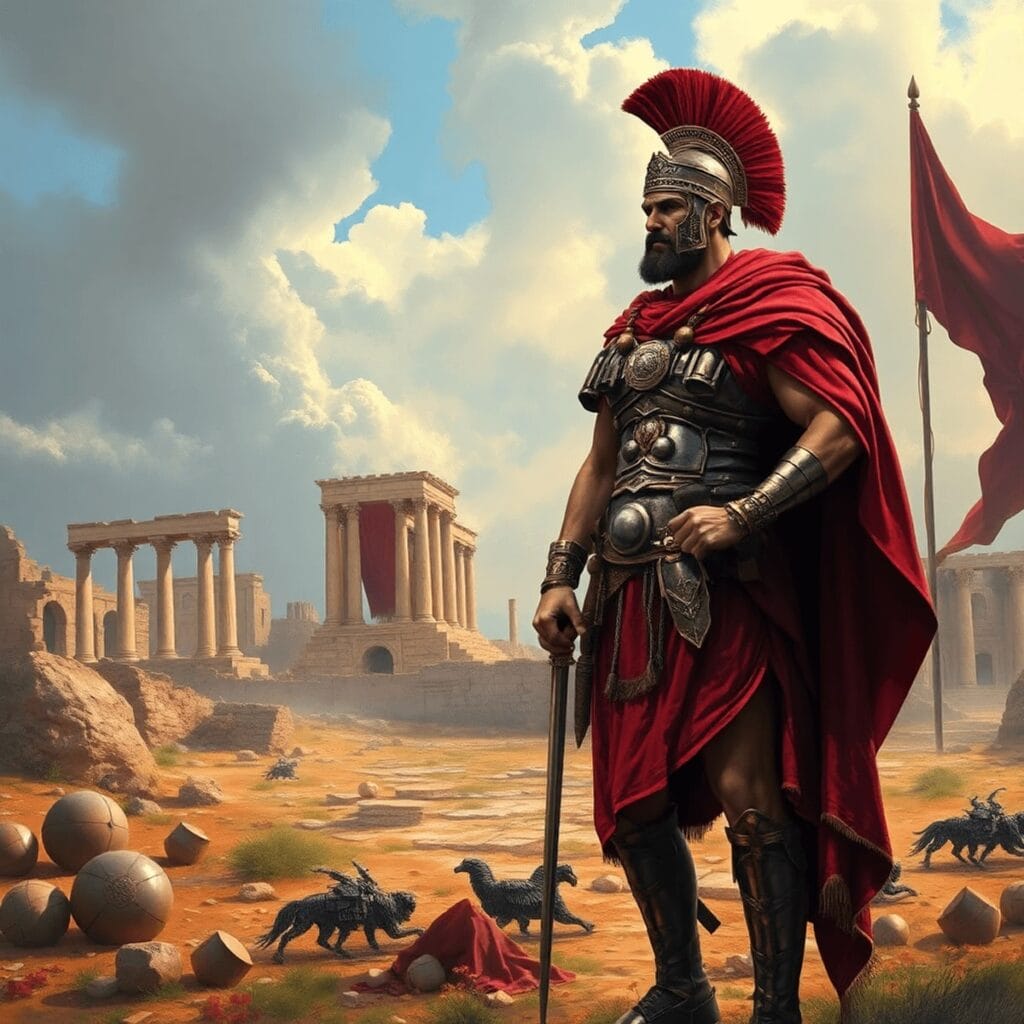
Early Life and Military Heritage
Scipio Africanus was born around 236/235 BC into a distinguished patrician family with deep roots in Roman military tradition. His father, Publius Cornelius Scipio, served as consul and was notably killed by Carthaginian forces in Spain during the early stages of the Second Punic War. This familial legacy not only shaped Scipio’s identity but also ignited his ambitions for military glory. The loss of his father instilled a profound sense of duty and revenge against Carthage within him.
Influence of Family Background
The influence of Scipio’s family background cannot be overstated. Growing up in an environment steeped in military valor, he was exposed to the intricacies of leadership and strategy from a young age. His grandfather had also held the consulship, reinforcing a lineage that valued public service and military prowess. These experiences laid the groundwork for Scipio’s aspirations to become a formidable leader who could restore Rome’s fortunes against its adversaries.
Early Military Training
Scipio’s early military training began when he became a military tribune, a role that offered him hands-on experience in warfare. His formative years were marked by the harrowing events of the Battle of Cannae in 216 BC. This battle is often regarded as one of the most significant defeats in Roman history, where Hannibal’s tactical brilliance decimated the Roman legions.
Despite being on the losing side, Scipio emerged from this chaos with critical insights into military strategy. The lessons learned were instrumental:
- Understanding Enemy Tactics: Observing how Hannibal employed deception and maneuverability taught Scipio valuable lessons about adaptability on the battlefield.
- Leadership Under Pressure: Surviving such a catastrophic defeat instilled resilience, shaping his future approach to command.
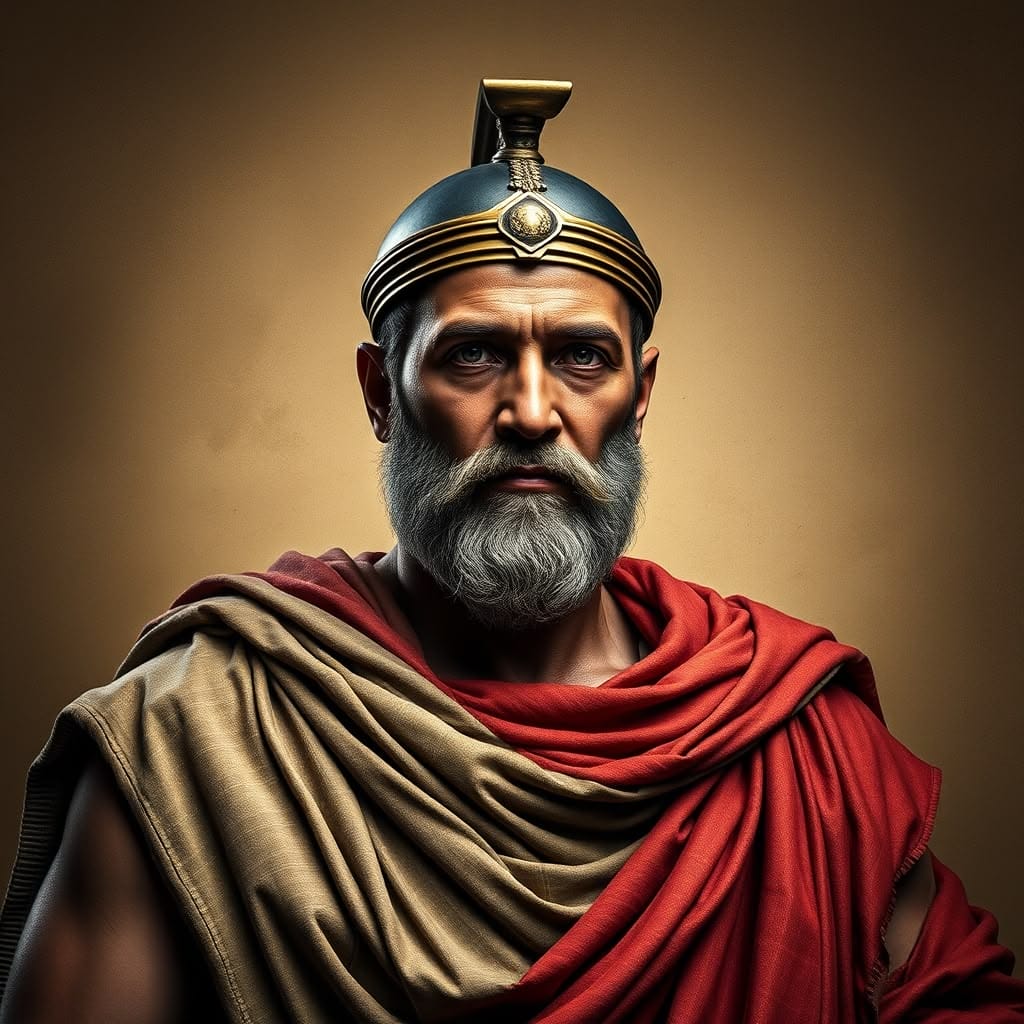
Reflections on Defeat
The aftermath of Cannae was pivotal for Scipio’s development as a commander. Many young nobles would have shied away from pursuing a military career after such a loss; however, Scipio viewed it differently. He recognized that every defeat carries lessons that can be leveraged for future success. This mindset would later define his strategic execution in subsequent campaigns.
Through these early experiences and influences, Scipio Africanus was molded into one of Rome’s greatest generals. His family’s legacy, combined with his personal resolve to turn tragedy into triumph, set the stage for his rise to prominence as he sought to reclaim Rome’s honor against Carthage.
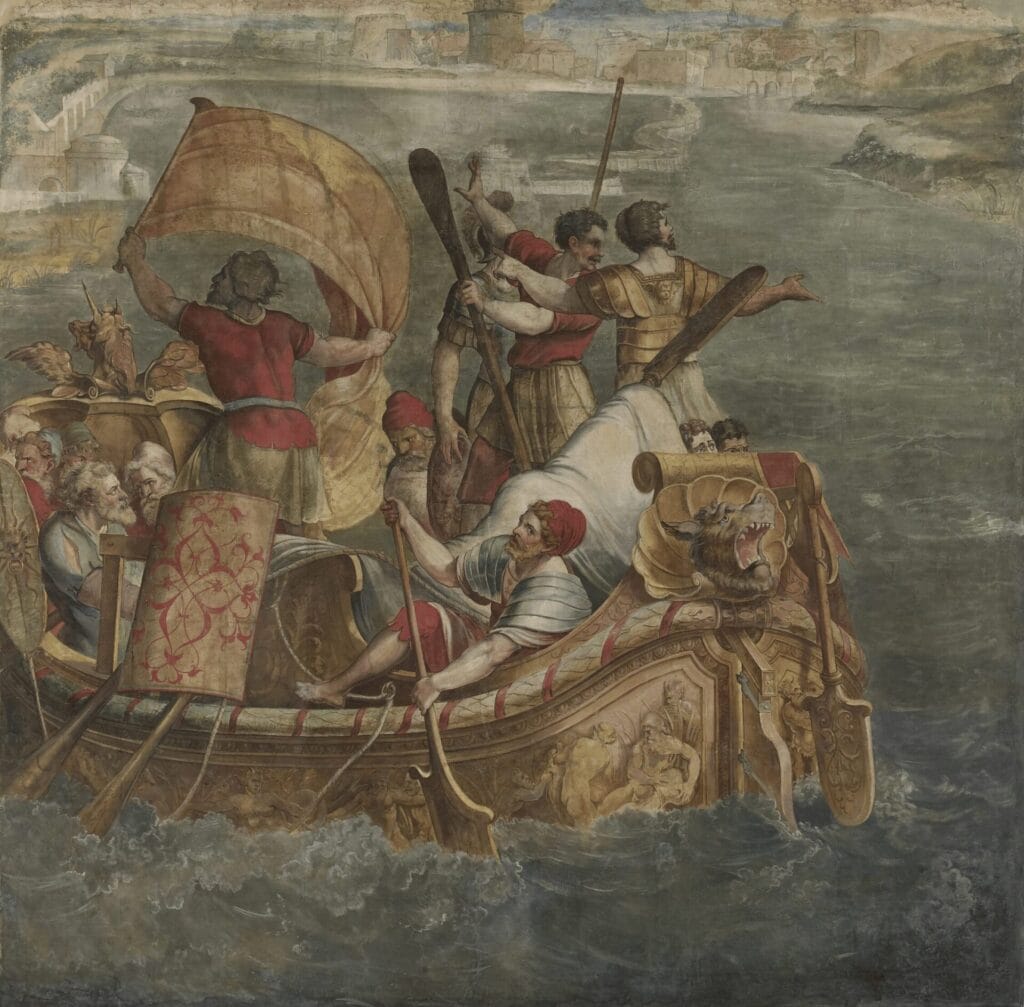
Rise to Prominence: Campaigns in Spain and Election as Consul
Scipio Africanus emerged as a key military leader during the Second Punic War, particularly through his campaigns in the Iberian Peninsula against the Carthaginian forces. His leadership was instrumental in two major victories: Baecula and Ilipa.
Campaigns in Spain
1. Battle of Baecula (208 BC)
Scipio faced off against the Carthaginian commander Hasdrubal, who sought to reinforce Hannibal’s efforts in Italy. Utilizing superior tactics, Scipio executed a series of maneuvers that caught Hasdrubal off guard. The Romans ultimately secured a decisive victory, disrupting Carthaginian plans and boosting Roman morale.
2. Battle of Ilipa (206 BC)
This battle marked another critical moment in Scipio’s campaign. He devised an innovative plan involving feigned retreats and ambush tactics to exploit the weaknesses of the Carthaginian army. The victory at Ilipa not only solidified Roman control over southern Spain but also demonstrated Scipio’s remarkable strategic acumen.
These successes were significant due to Spain’s strategic importance in the broader context of the Second Punic War. Control over this region meant access to valuable resources and troop reinforcements, which were vital for sustaining Rome’s war efforts against Carthage.
Strategic Importance of Spain
Spain played a crucial role in the Second Punic War for several reasons:
- Its location made it a critical battleground between Rome and Carthage.
- The Iberian Peninsula was rich in resources, including silver mines that funded military campaigns.
- By controlling Spain, Rome could cut off supply lines to Hannibal, effectively weakening his position.
Election as Consul
The victories achieved by Scipio did not go unnoticed. In 205 BC, his military prowess and popularity among soldiers paved the way for his election as Roman consul.
Circumstances leading to this pivotal moment included:
- Growing dissatisfaction with existing military leaders who had failed to effectively counter Hannibal.
- Scipio’s reputation as a brilliant strategist following his successes in Spain.
As consul, Scipio faced immense responsibilities:
- Commanding Roman armies and directing military strategy.
- Navigating political challenges within the Senate while maintaining public support for ongoing campaigns.
His election marked a turning point, positioning him not just as a military leader but also as a key political figure capable of influencing Rome’s direction in the war against Carthage. This period laid the foundation for Scipio’s subsequent actions that would ultimately reshape history.
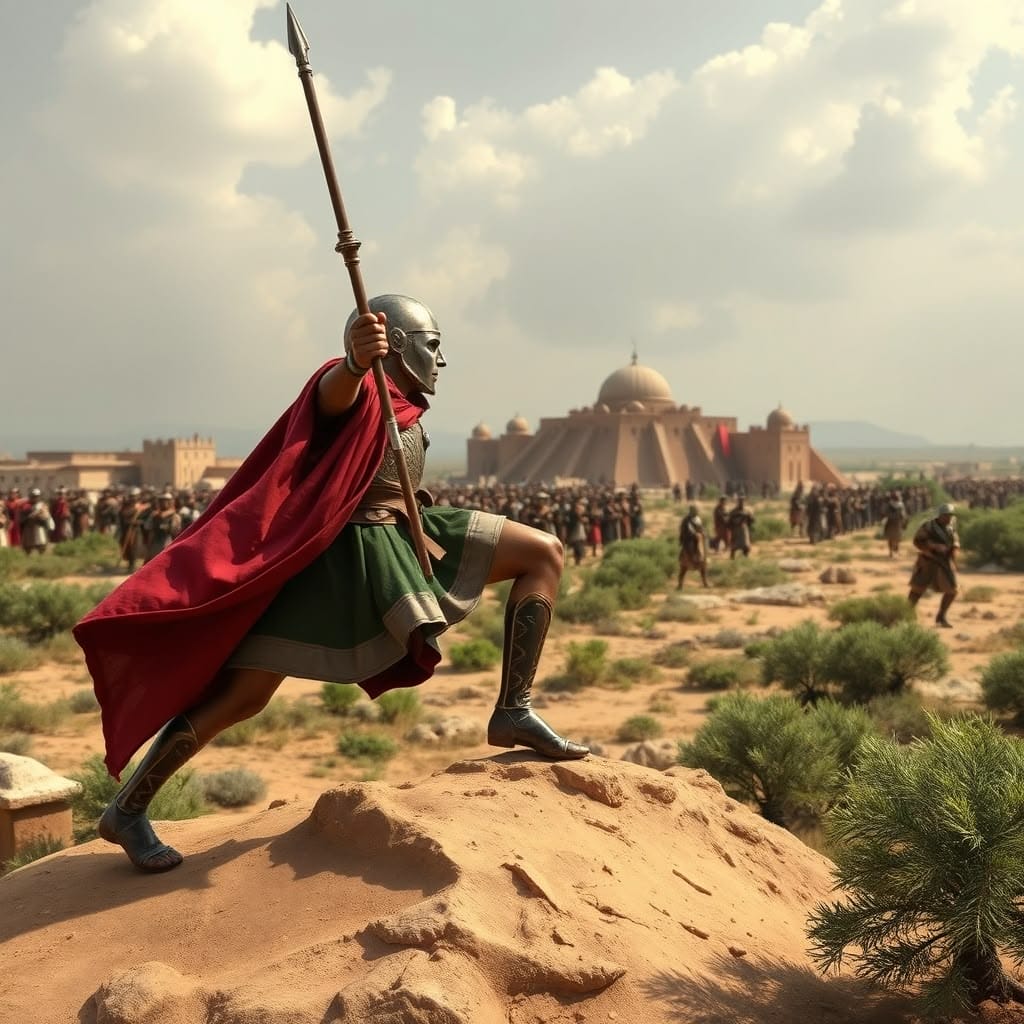
Invasion of North Africa: Strategic Planning and Execution
Scipio Africanus’ decision to invade North Africa was driven by a combination of strategic reasons and a desire to confront Hannibal on his home turf. The war was in a fragile state, and while Scipio had achieved victories in Spain, he knew that threatening the heart of Carthage was necessary to force them into peace negotiations. The key factors influencing this bold move were:
- Cutting off Carthaginian resources: By invading North Africa, Scipio aimed to disrupt supply lines and weaken Hannibal’s support from Carthage. This would compel the Carthaginian general to redirect his focus back home, relieving pressure on Roman forces in Italy.
- Boosting morale in Rome: A successful campaign in North Africa would uplift Roman spirits after years of defeats against Hannibal. It would send a strong message that Rome was not only capable of defending its territory but also willing to take the fight directly to its enemy.
Preparations for the Campaign
The preparations for this ambitious campaign were extensive and complex. Scipio understood that logistics played a vital role in military success. His planning involved several key aspects:
- Gathering resources: Scipio gathered troops from various Roman provinces, including veterans from previous campaigns and new recruits. It was crucial to have a well-supplied army.
- Alliances with local tribes: Recognizing the importance of local support, Scipio sought alliances with native Numidian tribes. These alliances provided valuable cavalry units and information about Carthaginian movements.
- Naval logistics: Securing naval transport was essential for moving troops across the Mediterranean Sea. Having control over the seas allowed Scipio to maintain supply lines and facilitate troop movements.
- Training and preparation: Scipio emphasized rigorous training for his soldiers, ensuring they were ready for the unique challenges posed by the North African landscape and climate.
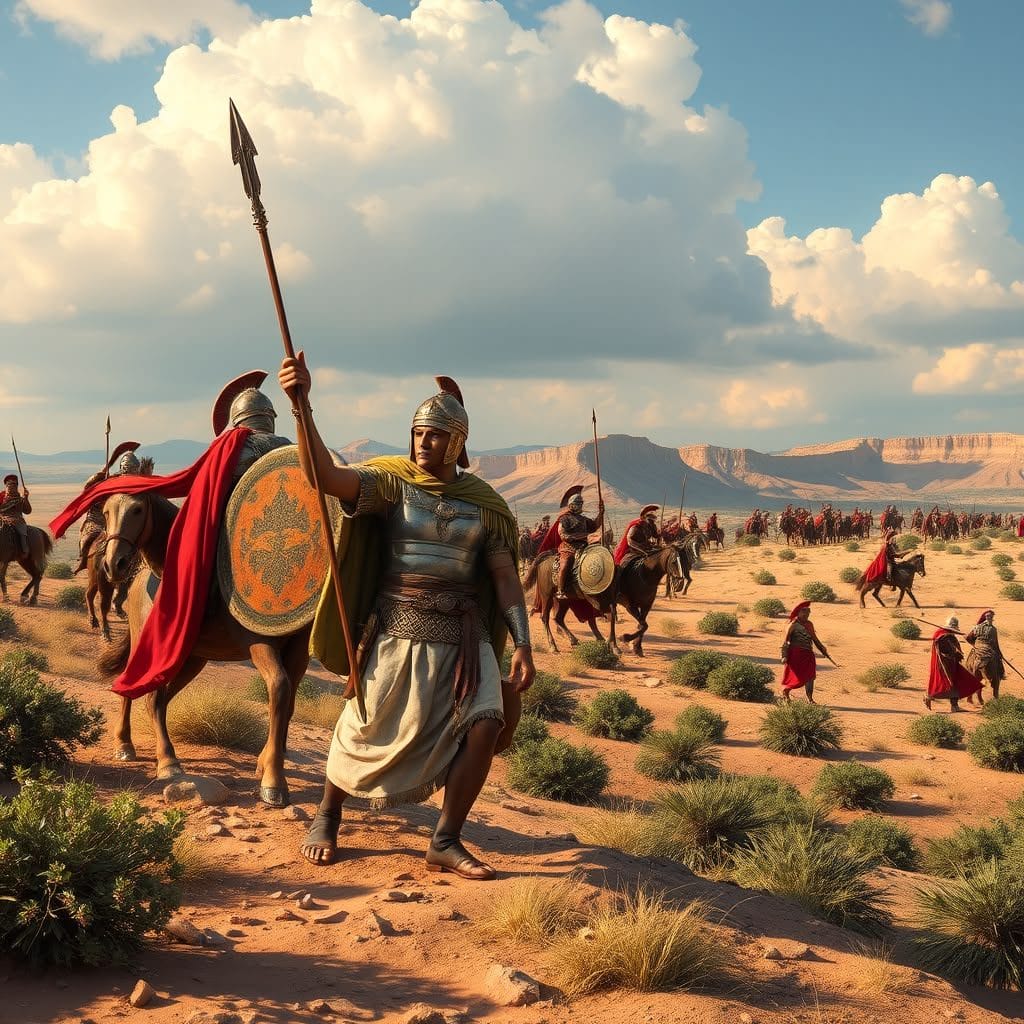
Logistical Challenges
There were significant logistical challenges as well:
- Managing the supply chain: It was daunting to maintain enough supplies of food, weapons, and equipment over long distances. Scipio implemented innovative measures to ensure his army remained well-fed and equipped throughout the campaign.
- Navigating unfamiliar terrain: The diverse landscape of North Africa presented difficulties for Roman troops who were used to fighting in Europe. Scipio’s leadership ensured that his forces quickly adapted through strategic scouting missions.
Scipio’s determined planning showed his understanding that defeating Hannibal required more than just military power; it needed comprehensive strategies involving diplomacy, logistics, and adaptability. This groundwork set the stage for his ultimate confrontation with Hannibal at Zama, where he would secure Rome’s dominance over Carthage in a decisive victory that changed history forever.
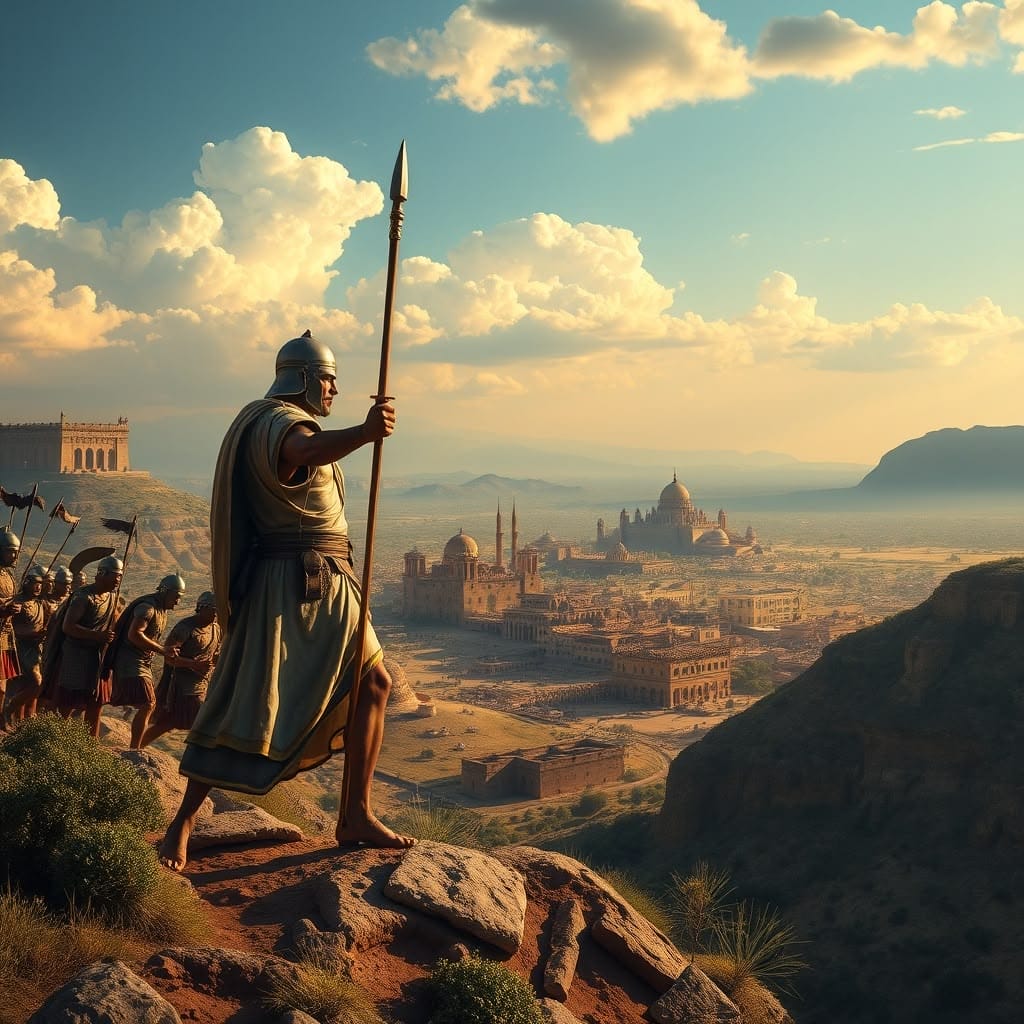
The Battle of Zama: Decisive Victory Over Hannibal
The Battle of Zama, fought in 202 BC, stands as a pivotal moment in the Second Punic War. This confrontation between Scipio Africanus and the legendary Carthaginian general, Hannibal Barca, represented not just a clash of armies but also a culmination of strategic brilliance and tactical innovation.
Key Moments and Turning Points
1. Location Advantage
Zama, near present-day Tunisia, was strategically chosen by Scipio. It allowed him to leverage his knowledge of the terrain against Hannibal’s tactics.
2. Forces at Play
Scipio commanded approximately 50,000 soldiers, while Hannibal’s forces numbered around 45,000, including war elephants.
As the battle commenced, Scipio faced Hannibal’s formidable war elephants head-on. Anticipating their impact on his troops, he developed a unique formation:
Tactical Formation:
- Scipio arranged his legions in a flexible line that could absorb the charge of the elephants.
- His infantry opened lanes to allow the elephants to pass through without causing chaos among Roman ranks.
The initial charge by Hannibal’s elephants created panic among some Roman soldiers. Yet, Scipio’s foresight in training his men for this scenario paid off. Once through the lines, the elephants became less effective as they were surrounded.
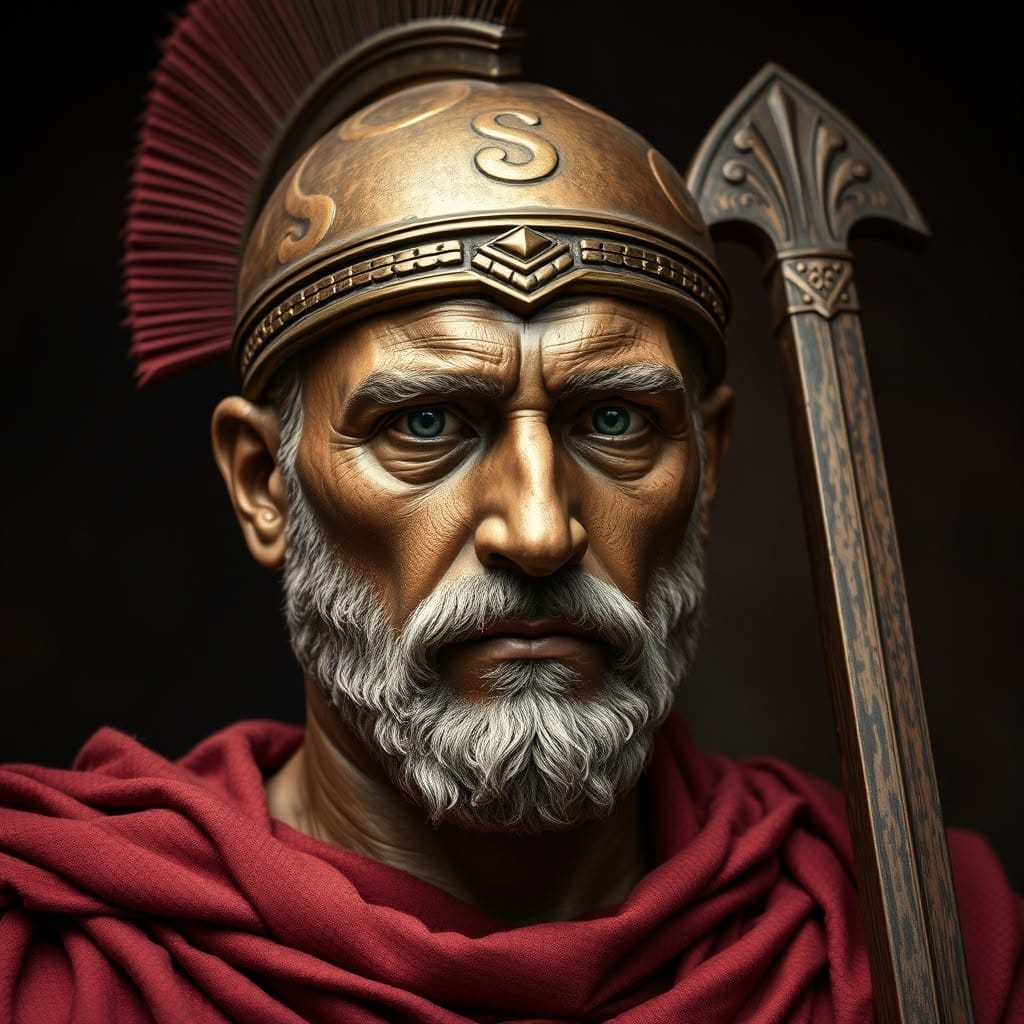
Strategic Maneuvers
With Hannibal’s elephants neutralized, Scipio then directed his forces into a more aggressive stance:
- Cavalry Superiority: Scipio recognized the strength of his cavalry and ordered them to engage with Hannibal’s horsemen. Under the command of Masinissa, Numidian cavalry outmaneuvered Carthaginian horse units.
- Flanking Tactics: As Roman infantry engaged in close combat with Carthaginian soldiers, Scipio utilized flanking maneuvers with his cavalry to encircle Hannibal’s forces effectively.
Key strategies employed by Scipio included:
- Adaptation: He adapted tactics based on previous encounters with Hannibal’s forces. Learning from earlier defeats allowed him to anticipate enemy moves.
- Morale and Leadership: Scipio inspired confidence among his troops. His presence on the battlefield rallied Roman soldiers despite facing one of history’s greatest military leaders.
With relentless pressure applied by Roman forces, Hannibal found himself unable to reposition effectively. The decisive victory at Zama came when Scipio launched a coordinated assault that overwhelmed Carthaginian ranks.
Aftermath
Scipio’s triumph at Zama not only ended the Second Punic War but also solidified Rome’s dominance over Carthage. His innovative tactics against Hannibal set a standard for military strategy that influenced generations to come. As Rome emerged victorious, it was clear that Scipio Africanus had changed the course of history through his strategic acumen and remarkable leadership during this historic battle.
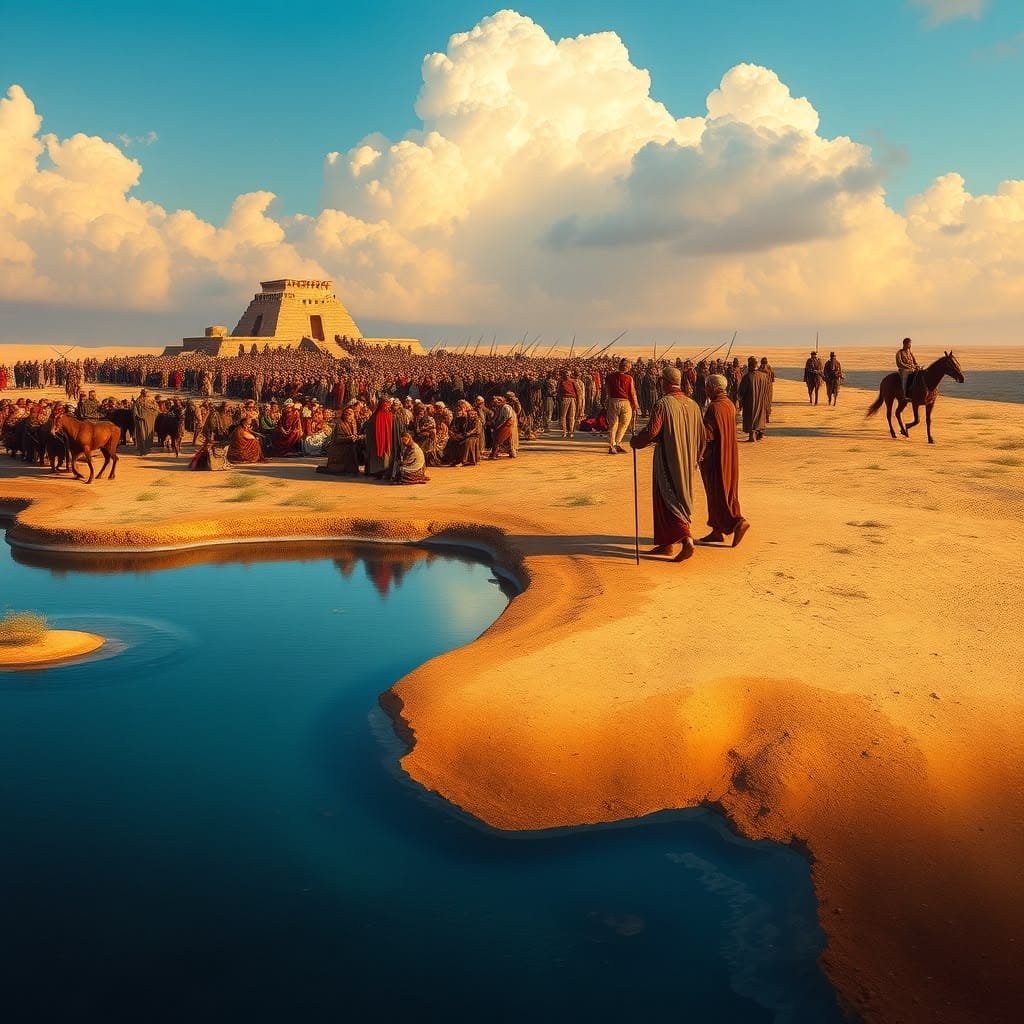
Legacy of Scipio Africanus: Political Influence and Historical Impact
Scipio Africanus had a significant impact on Roman politics and military strategy after his crucial involvement in the Second Punic War. His contributions shaped the political landscape of his time and continue to influence future military leaders.
Contributions to Roman Politics
After his victory at Zama, Scipio returned to Rome as a celebrated hero. His military success translated into significant political power. Key aspects of his political influence include:
- Role as Proconsul: Scipio held the position of proconsul in various regions, where he used his military experience to maintain order and promote Roman interests. His leadership in these roles solidified his reputation as a capable administrator.
- Censorship: Later appointed as censor, Scipio had the power to oversee public morals and manage the census. This position allowed him to influence societal norms and reinforce the values of a strong Republic.
- Political Alliances: He formed alliances with influential senators, utilizing his status as a war hero to navigate the complex political landscape of Rome. These connections aided in the passage of important policies that favored military expansion and consolidation of power.
Lasting Impact on Military Strategies
Scipio’s innovative tactics during the Second Punic War set new standards for Roman warfare. His strategic insights and adaptability became foundational for future military leaders:
- Use of Mobility: Scipio emphasized speed and maneuverability over sheer force. His ability to outmaneuver Hannibal at Zama illustrated this principle, allowing him to exploit enemy weaknesses effectively.
- Integration of Infantry and Cavalry: He demonstrated the importance of coordinating different branches of the military. By integrating infantry with cavalry units, Scipio created a versatile fighting force capable of responding dynamically to battlefield changes.
- Psychological Warfare: Understanding the value of morale, Scipio employed psychological tactics to unnerve opponents. This approach influenced subsequent generals who recognized that warfare extended beyond mere physical confrontations.
Influence on Future Generations
The legacy of Scipio Africanus is evident in how later Roman generals approached warfare:
- Adaptation of Techniques: Figures such as Julius Caesar drew inspiration from Scipio’s campaigns, adapting similar strategies in their own conquests across Europe.
- Military Doctrine Development: Military academies throughout history studied Scipio’s tactics, incorporating his methods into formal training programs for future leaders.
Scipio’s combination of political skill and military genius made him a key figure in Roman history. His contributions not only secured victories but also laid the foundation for Rome’s rise as a dominant power in the Mediterranean. The impact of his strategies can still be seen in modern military studies, highlighting his importance as both a general and statesman.
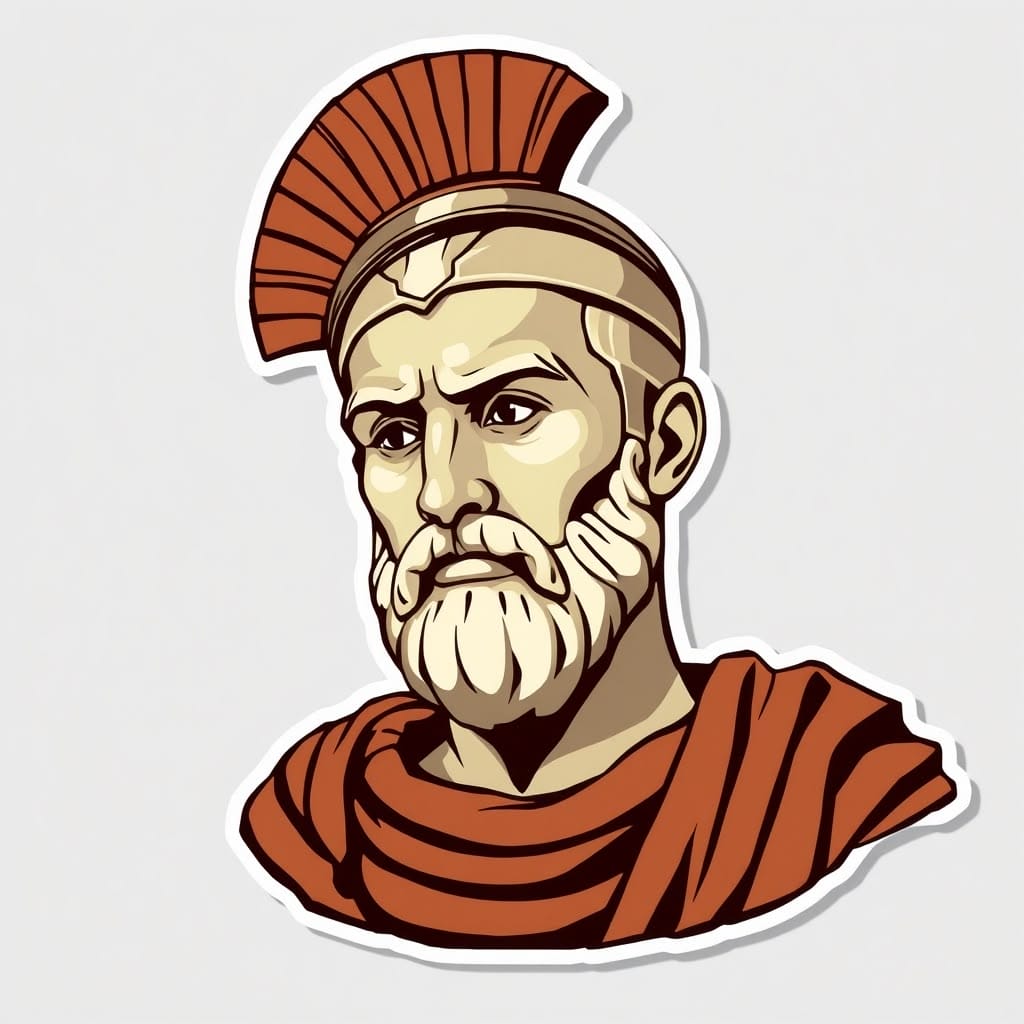
Conclusion: How Scipio Africanus Changed the Course of History
Scipio Africanus is a significant figure in history, especially for his role in the Second Punic War. His decisive victory over Hannibal at the Battle of Zama in 202 BC was a major turning point for both Rome and the entire Mediterranean world. This victory had far-reaching consequences.
1. Securing Rome’s Dominance
Scipio’s strategic brilliance led to Rome’s victory over Carthage and the defeat of Hannibal, ending a long conflict that had threatened Rome’s existence. As a result, Rome became the dominant power in the Mediterranean, allowing it to expand and influence various regions.
2. Shaping Future Generations
The tactics used by Scipio became important lessons for future military leaders. His innovative strategies and ability to adapt during battles set new standards for Roman military doctrine. Generals who came after him studied his methods and applied these principles in different campaigns, ensuring that Scipio’s legacy lived on even after his death.
3. Historical Significance
Scipio Africanus did more than just defeat a powerful enemy; he changed the political landscape of his time. His actions shifted the balance of power in favor of Rome, establishing it as a dominant force capable of influencing international affairs. The aftermath of his victories laid the foundation for an era marked by Roman conquest and governance, impacting cultures throughout the Mediterranean.
The lasting legacy of Scipio Africanus shows how one person can change history. Through his military skills and political wisdom, he transformed Rome into a powerful empire, forever altering the course of Western civilization.
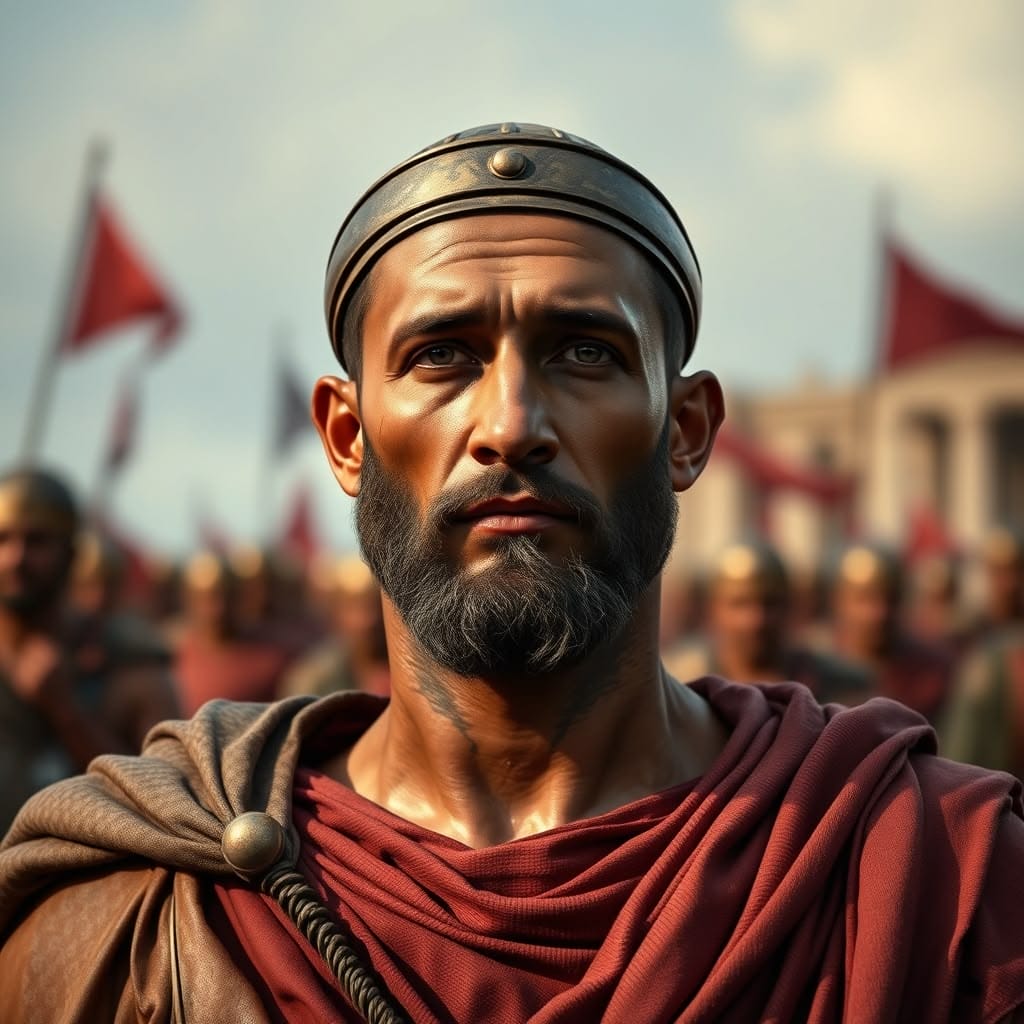
FAQs (Frequently Asked Questions)
Who was Scipio Africanus?
Scipio Africanus was a Roman general who played a crucial role in the Second Punic War by defeating Hannibal, thereby securing Rome’s dominance over Carthage.
What influenced Scipio Africanus’s military ambitions?
Scipio was born into a patrician family, and his father’s military career significantly influenced his ambitions. His early experiences, particularly at the Battle of Cannae, shaped his understanding of military strategy.
What were Scipio’s key victories during his campaigns in Spain?
Scipio achieved notable victories against Carthaginian forces at Baecula and Ilipa during his campaigns in Spain, which were strategically important for the Roman war effort in the Second Punic War.
What motivated Scipio to invade North Africa?
Scipio’s decision to invade North Africa was motivated by the need to confront Hannibal on his home ground and to disrupt Carthage’s ability to wage war against Rome. He faced several logistical challenges in preparing for this ambitious campaign.
What was significant about the Battle of Zama?
The Battle of Zama in 202 BC was significant as it marked a decisive victory for Scipio over Hannibal. Key strategies employed by Scipio during this battle turned the tide in favor of Rome and ultimately led to their dominance over Carthage.
What was Scipio Africanus’s legacy?
Scipio Africanus left a lasting legacy through his contributions to Roman politics as a proconsul and later as censor. His military tactics influenced future generations of Roman generals and played a vital role in shaping the course of Roman history.

